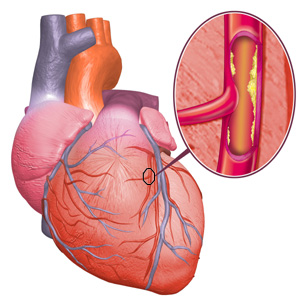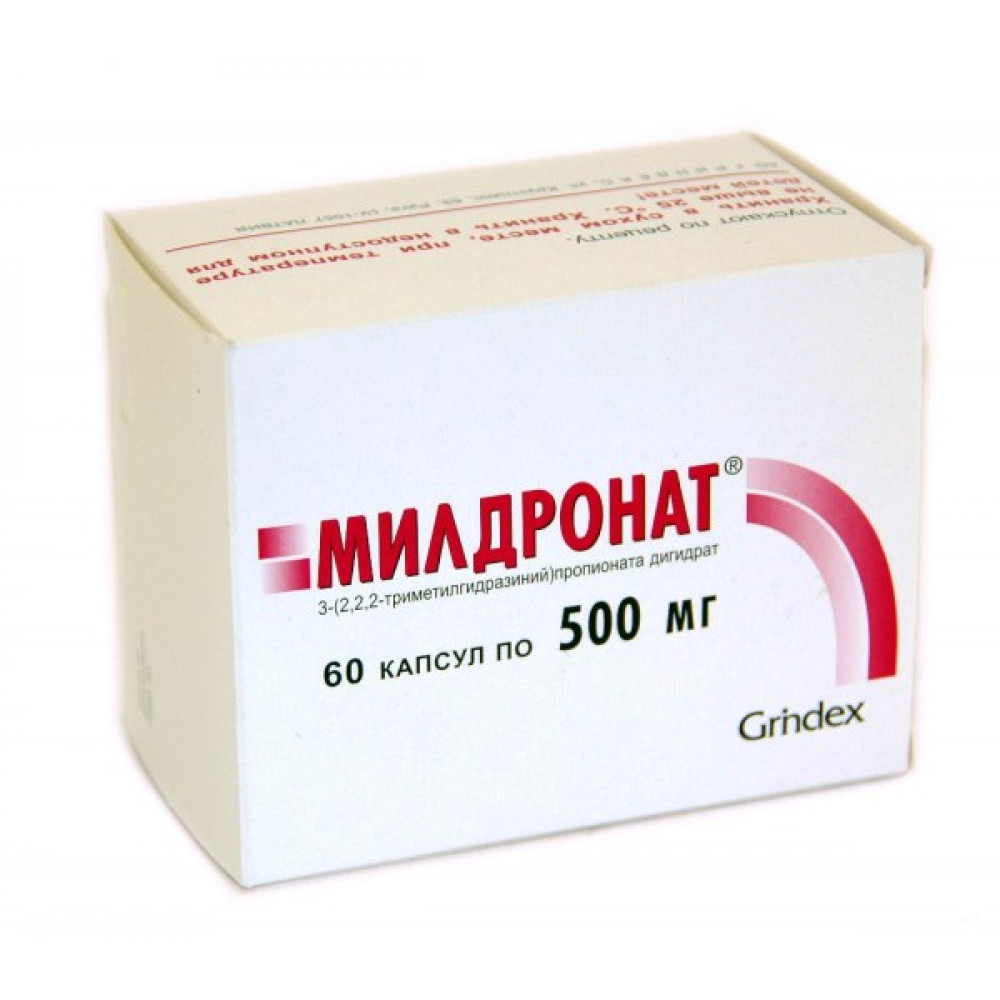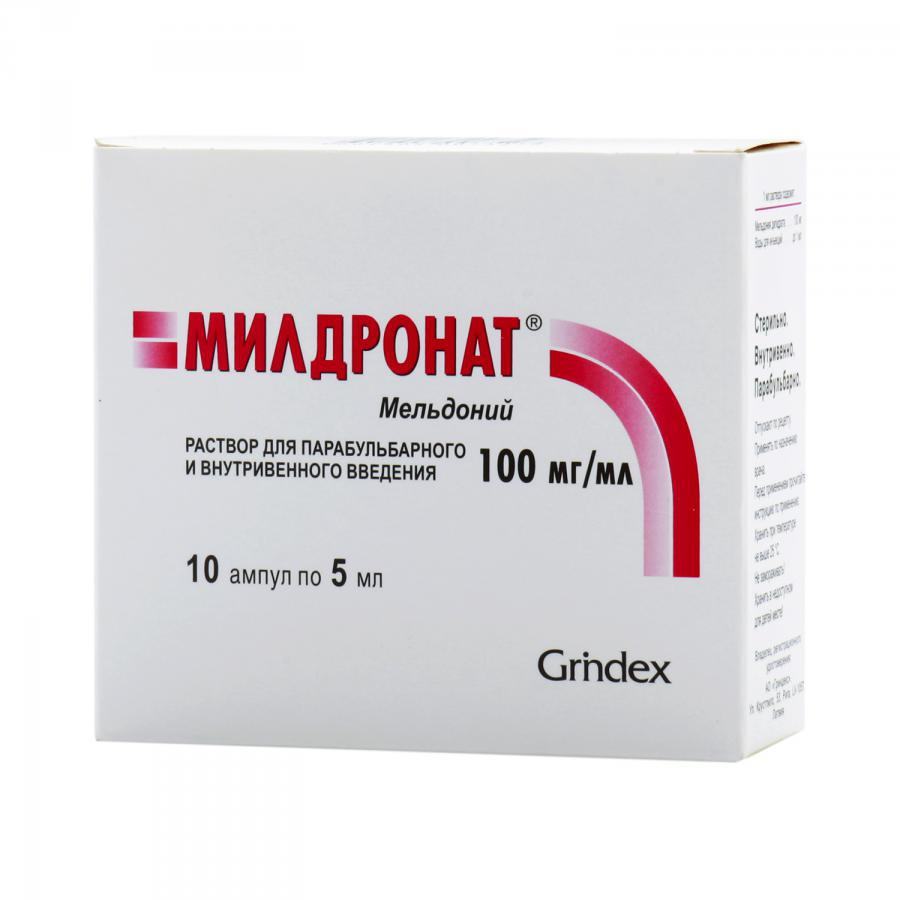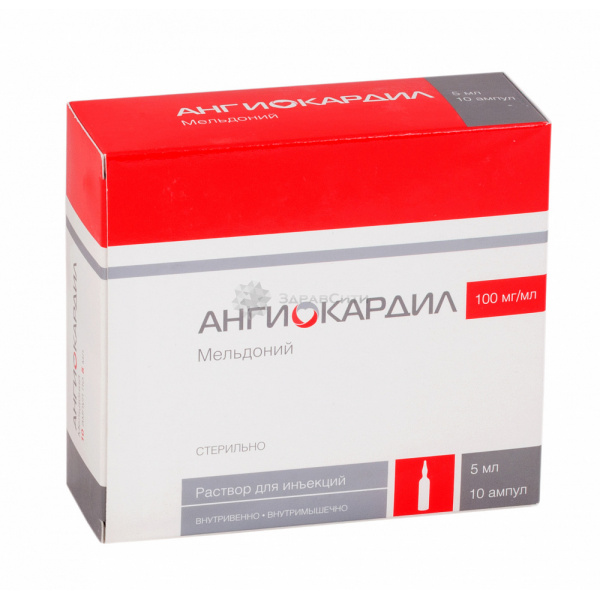What is the drug mildronate used for?
Until recently, the drug Mildronate, familiar to many, was considered a simple medicine, widely used in our country for the treatment of diseases such as ischemia (IHD), angina pectoris, myocardial infarction and strokes. However, for a number of reasons, in sports circles it was included in the anti-doping list, which is why ordinary people began to wonder whether this drug was harmful and whether it was worth taking it?
Pharmacology of the drug
The instructions for use of Mildronate say that its active substance is meldonium, which was synthesized in the seventies by Latvian scientists. Initially, the drug was developed for the military, but due to some reasons it became available to a wider audience for the treatment of cardiovascular diseases. Meldonium is a substance that is an analogue of gamma-butyrobetaine contained in the cells of our body, which protects them from damage due to coronary artery disease, heart failure, and cerebral circulatory disorders.
In addition to protection, Mildronate nourishes the body's cells with the necessary amount of oxygen and cleanses them of toxins that are the result of metabolic processes. It also strengthens the walls of blood vessels, ensuring their integrity. The drug is an excellent prophylactic for varicose veins.
With long-term use of Mildronate, our body is able to withstand enormous physical stress and restore energy balance in a short time, which allows it to be used as a medicinal and prophylactic agent for disorders of the blood supply to the brain and diseases of the heart and blood vessels.
Often, it is prescribed to patients with decreased performance and to increase mental activity. In case of ischemic heart disease, meldonium slows down necrotic processes and accelerates the recovery period.
Indications
The drug is a panacea for many diseases. Its scope is quite wide. Indications for the use of Mildronate:
- Coronary heart disease in complex therapy;
- Various cardiovascular pathologies - angina pectoris, myocardial infarction, myocardial dystrophy, heart failure;
- Acute cerebrovascular accidents (stroke), and chronic form;
- Disorders of the heart muscle in adolescence;
- Bronchial asthma and chronic bronchitis;
- Poor blood circulation in the retina of the eyes due to hypertension and diabetes mellitus;
- Chronic fatigue, physical overstrain and decreased performance;
- Postoperative period for a speedy recovery of the body.



Treatment with the drug is carried out strictly under the supervision of a doctor.
Forms of release of the drug, composition
Mildronate is produced in several forms, these are:
- Capsules for oral use in a gelatin shell containing white powder 250 and 500 mg (40 and 60 pieces per package);
- Syrup for oral administration;
- Ampoules 5 ml, 10 pieces per package.


Mildronate tablets
One of the forms of release of the product is capsules, often called tablets. In accordance with the instruction on the use of tablets, they include:
- Active component meldonium - 250 or 500 mg;
- Potato starch - 13.6 or 27.2 mg;
- Colloidal silicon dioxide - 5.4 or 10.8 mg;
- Calcium stearate - 2.7 or 5.4 mg;
- Shell - gelatin (98%) and titanium dioxide (2%).
Sold in a cardboard box of 40 or 60 pieces.
Ampoules for intravenous and intramuscular injections, according to the instructions for use, 5 ml contain:
- Meldonium - 500 mg;
- Water for injections.
Ampoules are produced in a cardboard box of 10 pieces with a dosage of 5 ml.
The substance in the ampoules must be absolutely transparent. If there is any sediment in it, then this medicine cannot be used.
Syrup
Mildronate is also produced in the form of a dark syrup of 100 and 250 ml, which contains 250 mg of meldonium per 5 ml of medication. In addition to the active component, the syrup contains auxiliary substances - cherry essence, purified water, glycerin, dyes, propylene glycol.
The syrup is sold in cardboard boxes; the kit includes a 5 ml measuring spoon.
How to take Mildronate
Typically, capsules are taken 30 minutes before meals. Due to the fact that the drug can increase performance, it is recommended to use it before 17.00 to avoid problems with sleep. Capsule dosage: 500 - 750 mg per day. The syrup is taken in a measuring spoon 2-4 times a day before meals or no earlier than 30 minutes after meals.
The standard dosage of injections is 500 mg or 1 g per day once or by dividing the dose into 2 parts. The drug is used in the first half of the day. In acute cases of the disease, Mildronate is recommended to be administered intravenously.
The dosage may vary depending on the type of disease and its severity.

The dose of the medicine is prescribed by the attending physician individually for each patient.
Contraindications
Every medication has some contraindications. Mildronate is no exception. It is not recommended for use in the following cases:
- With high levels of intracranial pressure;
- For brain tumors;
- Children under 12 years of age;
- The presence of individual intolerance;
- During pregnancy and breastfeeding.
Side effects and overdose

The influence of Mildronate on those who play sports is simply irreplaceable
It is recommended for all sports without exception due to the fact that it helps to avoid overwork during long training sessions. It is most suitable for athletes and bodybuilders because it improves the nutrition of muscle tissue, protects the heart muscle from overload and enriches cells with oxygen, and also reduces fatigue, increasing the effectiveness of each workout.
How to lose weight with Mildronate
Meldonium is an active component of the drug L-carnitine (an analogue of Mildronate), which is successfully used by athletes for rapid weight loss. It lowers blood cholesterol and improves metabolic and fat processes. But the process of losing weight with the help of this product is possible only with intense physical activity and proper nutrition.
Mildronate's analogs
In Russia, analogues of the Latvian drug Mildronate containing meldonium are produced, these are:
- Methadern;
- Idrinol;

The most popular product is Cardionat, produced in Moscow and Nizhny Novgorod.
Which is better, Mildronate or Cardionate? There is no clear answer to this question. Despite the fact that both drugs have the same active ingredient - meldonium, and the compositions are almost similar, and the only difference is in price, judging by the reviews of patients, the effect of Mildronate is more pronounced than the effect of Cardionate. The effect after using the Latvian remedy appears more clearly, and its manifestation occurs much faster.
The benefits and harms of the drug
Ordinary people, having heard about the scandalous story involving Mildronate in sports, began to increasingly wonder whether this drug was harmful to them? Cardiologists are in a hurry to reassure: those to whom the drug was prescribed by doctors for one reason or another can safely continue to take it, however, it is still not worth using it constantly, it is addictive, so it is recommended to use the drug for no more than two weeks, after which it is worth taking two week break.
Despite all the above advantages of the drug, it is also not recommended for ordinary people to use it for prophylaxis during sports; it should not interfere with the normal functioning of the heart. Absolutely healthy individuals do not need to use it.
Prices
The cost of capsules with a dosage of 250 mg in an amount of 40 pieces fluctuates around 300 rubles, and 60 pieces of 500 mg capsules cost a little more than 600 rubles.
The medicine in ampoules can be purchased in pharmacies for 400-450 rubles, and the syrup costs from 250 rubles per 250 ml bottle.




